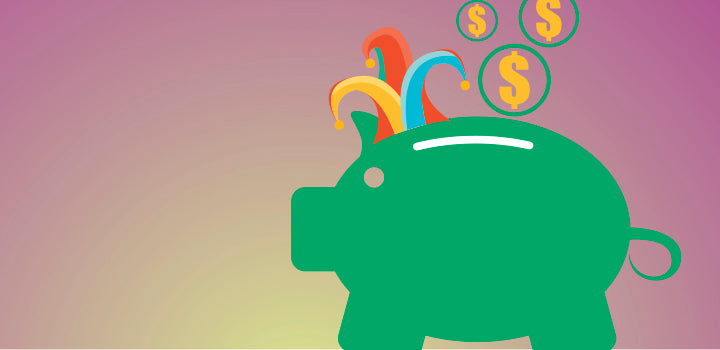
The hospitality industry is renowned for taking the COO (cheapest option only).
Hey, we all love to save money, however when the supposed saving is measured over the medium to short term, then on reflection the upfront saving may not generate the hooray times expected.
A friend made a rather funny analogy… buying 2 ply toilet paper instead of 3 saves money... yet what about the extra cost in soap, hand sanitiser and more toilet paper!
Purchasing managers are mandated to scrimp, shear and save; that’s what they’re paid to do! Ironically the COO in many instances is akin to wishful thinking… looking for the least cost, hoping for the best outcome!
Operations people tend to be the ones paying the unseen costs of COO decisions; the consequences of upstream purchasing decisions are always felt and unseen downstream by the users and at some point the guest or customer.
Here’s what bar and ops mangers, complain about when going cheap is possibly the least best option:
- Productivity: Reduced turnaround times, increased labour costs
- Consistency: More time spent fixing and rebalancing meals/drinks
- Quality: Increased production costs as more product is used to achieve the same results
- Maintenance: Higher down time and cost due to product failure, breakage, replacement
- Wastage: Increased loss due to over serving, less controls, reduced accuracy
- Consumption: Buying more of less to do the same as what was done before

Consumables are necessary evils. They’re not always the hero of a story but in many instances end up saving the day in ways not always apparent!
Not everyone can be expected to invest in or buy quality- every purchasing decision must be balanced in terms of consequences and outcomes.
The best, most honourable intentions to do the right thing by a business, may not be the win for one’s staff and customers!
Investing in quality does cost more... but usually ends up costing far less... think of it as being fool proof!

